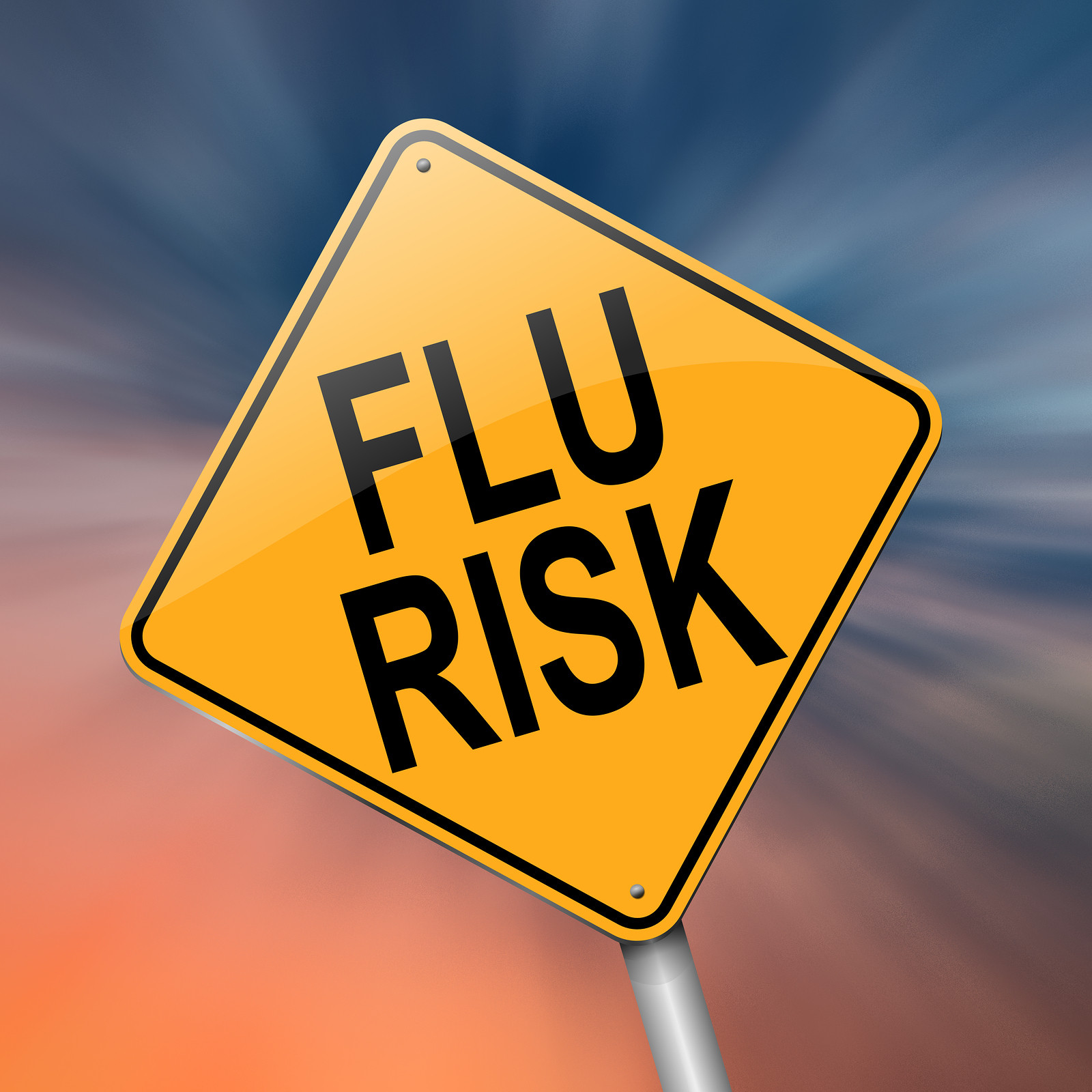Harvard Health Blog
This year’s flu vaccine “disappointing” against main flu virus

Some years the flu vaccine works quite well. Other years it doesn’t. It has done a particularly poor job this year against the main flu virus.
The CDC reported yesterday that this year’s flu vaccine has been just 18% effective. The estimate for children is even lower. And it looks like the nasal spray vaccine may not have worked at all among children. That poses a problem for the CDC, which recently recommended that doctors choose the nasal spray over the shot for younger kids.
“Studies can’t confirm that the [nasal] vaccine has a benefit,” Dr. Joseph Bresee, chief of the Epidemiology and Prevention Branch at CDC’s National Center for Immunization and Respiratory Diseases, told HealthDay.
This year’s mismatch between virus and vaccine is a testament to the ability of the flu virus to mutate and change.
Mutated flu virus stays ahead of the vaccine
Flu viruses are constantly evolving, and it’s hard for public health experts and vaccine makers to keep up with them.
To create an effective flu vaccine, experts must accurately predict which of the many flu strains circulating in their country will be most abundant six months later. They also factor into the decision which strains might cause the most serious symptoms and deaths.
Experts must play this guessing game because it takes months to create the vaccine and make enough doses to go around the following fall and winter.
The dominant flu virus in the United States this year is a new strain of H3N2 influenza A. H3N2 viruses have been around for years. But this one was seen for the first time in March 2014, after recommendations had been made for the 2014-2015 vaccine. It became the dominant flu virus in September, when vials of vaccine virus were already being shipped.
The Food and Drug Administration determines which vaccine viruses get included in the flu vaccine for the U.S. The advisory committee that makes this decision is scheduled to meet next week to finalize the composition of the vaccine for the 2015-2016 flu season. I wish them luck in predicting the future.
It’s still worth getting the flu vaccine
Don’t give up on the flu vaccine. Even though this year’s version is a disappointing match for H3N2, there are good reasons why you should get the flu vaccine if you haven’t already, and why you should get it every year.
- The vaccine contains more than just one strain of H3N2. It will help protect you against other types of flu viruses, such as H1N1, influenza A, and influenza B.
- If you do get sick with H3N2, having gotten the vaccine usually means your symptoms will be less severe than they would have been if you hadn’t gotten the vaccine.
- There is some evidence to suggest that the flu vaccine boosts your general immunity, which can help you fend off other viral infections.
About the Author

Howard E. LeWine, MD, Chief Medical Editor, Harvard Health Publishing; Editorial Advisory Board Member, Harvard Health Publishing
Disclaimer:
As a service to our readers, Harvard Health Publishing provides access to our library of archived content. Please note the date of last review or update on all articles.
No content on this site, regardless of date, should ever be used as a substitute for direct medical advice from your doctor or other qualified clinician.















